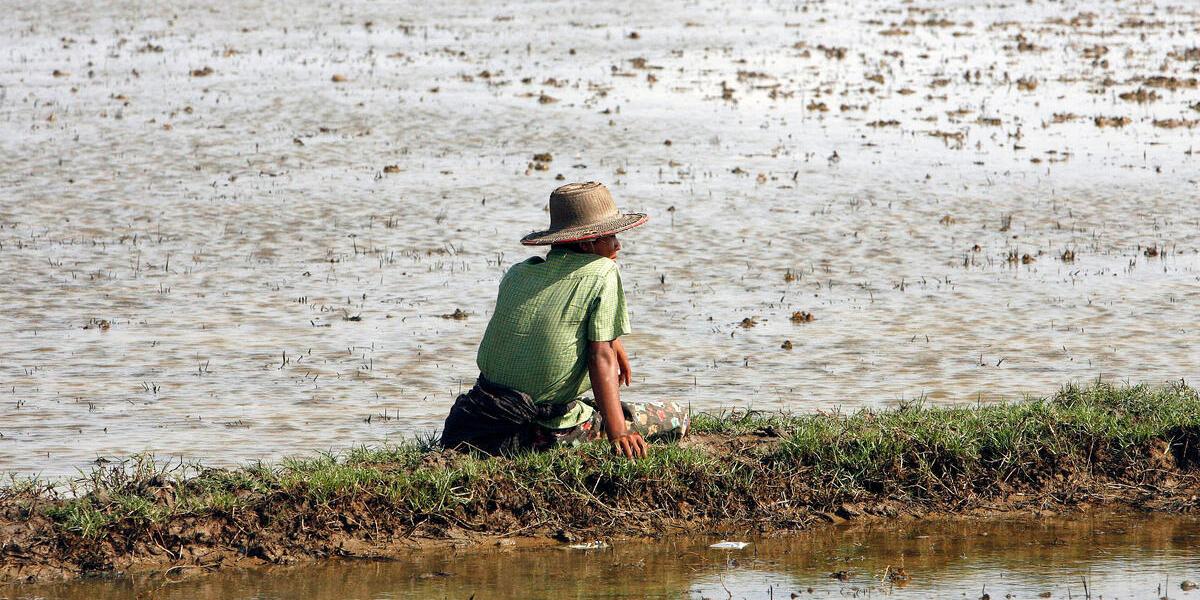Publications
Displaying 1 - 2 of 2
Policy Briefs |
INTRODUCTION
Shocks and crises have become more frequent, intense and widespread in an interconnected world, affecting more people across the globe. Crises that might have previously remained relatively contained within a well-defined geographic region, are now propagated rapidly through globally interconnected systems and networks in areas such as economics, finance, the environment and health. The 2008 Global Financial Crisis is an example of how financial shocks spread through the interconnected balance sheets of financial institutions, causing havoc around the world. The COVID-19 pandemic also shows how national health systems were unable to absorb the effects of the virus, which…
Policy Briefs |
INTRODUCTION
Population ageing is a global phenomenon, a shift towards an increasing share of older persons in the population. Even the least developed countries (LDCs) are beginning to experience the progressive ageing of their populations, and this process is expected to accelerate during the second half of the current century (United Nations, 2023a). Despite its far-reaching consequences, the emergence of this trend in LDCs has attracted only limited attention from both national policymakers and the international community. Most LDCs are still early in the decades-long process of population ageing, which is a direct consequence of the demographic transition towards longer lives and…
 Welcome to the United Nations
Welcome to the United Nations

